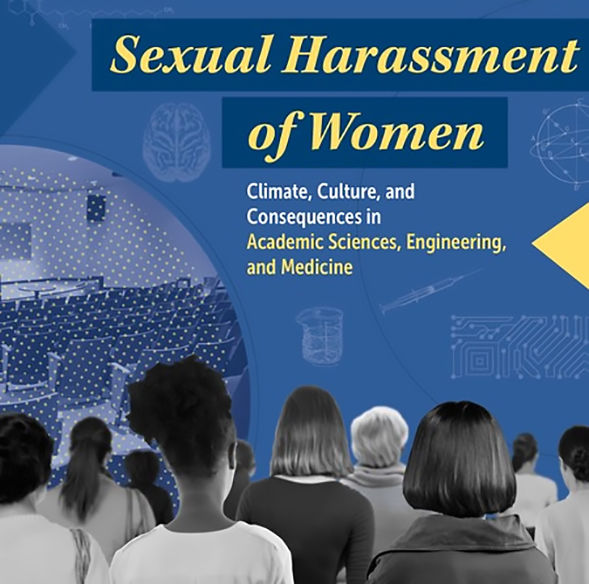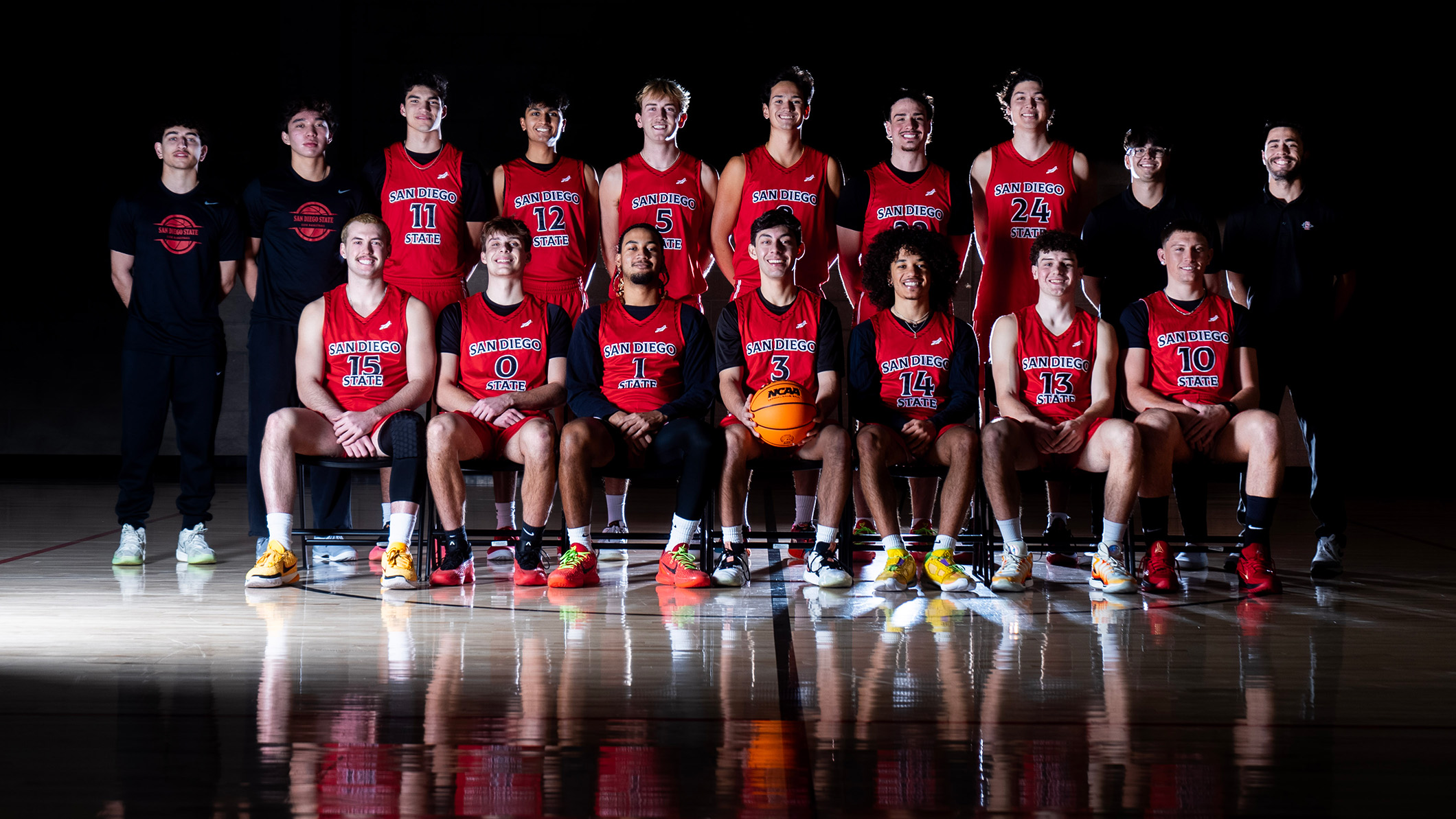SDSU Director to Moderate Sexual Harassment Discussion
On June 26, higher education leaders will discuss a report that recommends changes in how universities prevent sexual harassment.

Participants, including several university presidents, will discuss a groundbreaking report from the National Academies of Sciences, Engineering, and Medicine (NASEM) that calls for universities to take a more active role in preventing sexual harassment in the workplace, particularly in male-dominated fields like science and engineering.
The discussion will be streamed online at 10:45 a.m. on Tuesday, June 26.
The report found that half of women faculty and staff in academia experience sexual harassment and that legal and compliance-based approaches to combating sexual harassment are not sufficient prevention methods. The authors recommend sweeping, system-wide changes to the culture and climate of higher education, such as restructuring faculty advising systems.
“Addressing this challenge head on presents a great opportunity for SDSU to demonstrate the persistent and dedicated leadership recommended by the report that will make our campus a place where faculty, staff and students can have the academic experience they want, free from these negative experiences that depress health, satisfaction and productivity,” said Crockett.
Crockett’s discussion panel is part of a day-long workshop held at the University of California, Irvine, that will bring together academics, politicians, women’s rights advocates, and those who worked on the report, to discuss its impact and the possible responses from higher education leaders.
Crockett has years of experience in diversity, equity, and inclusion issues in higher education. He is a principal investigator for the Center for Research Excellence and Diversity in Team Science, a University of California and California State University collaboration that aims to increase the number of females and underrepresented faculty in collaborative STEM research.
Jessica Rentto, SDSU’s Title IX coordinator, said the university is reviewing the NASEM report and considering how its recommendations can be implemented.
“Sexual harassment and gender-based discrimination don’t affect only the work environment and productivity of those experiencing harassment and discrimination. These (conditions) also result in lower work satisfaction for all employees,” said Rentto. “The NASEM report confirms that sexual harassment is a problem that affects all faculty and staff, and it isn’t someone else’s problem. We need to work together to create a more diverse, inclusive and respectful environment.”
The 311-page study was conducted by NASEM over the course of two years and sponsored by NASA, the National Science Foundation (NSF) and the National Institutions of Health.
Media Contacts:
La Monica Everett-Haynes
Media Relations Director
619-594-0232
[email protected]
Cory Marshall
Media Relations Officer
619-594-0279
[email protected]



